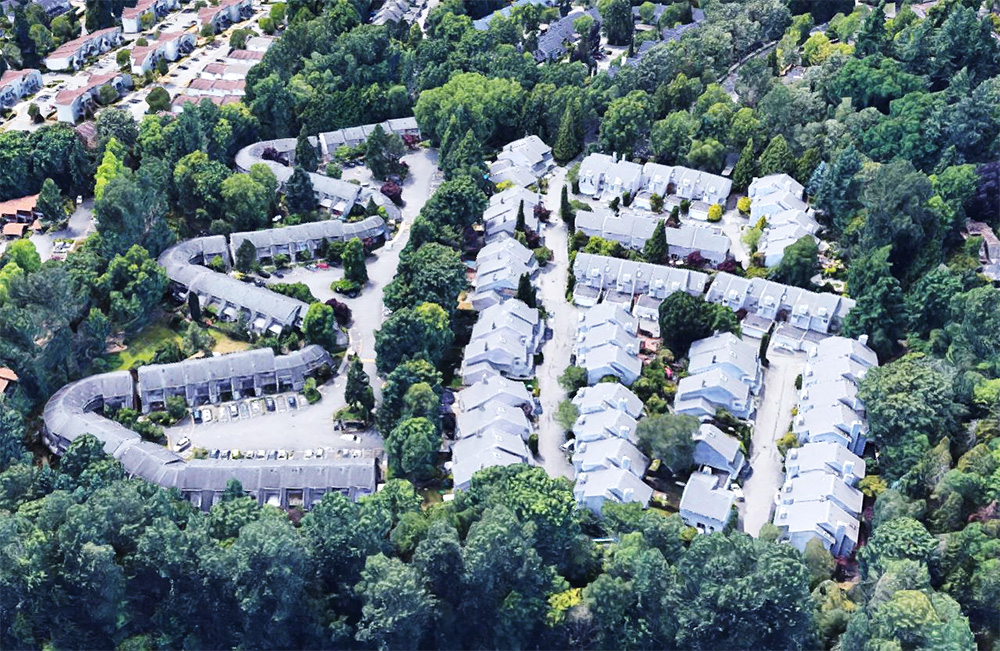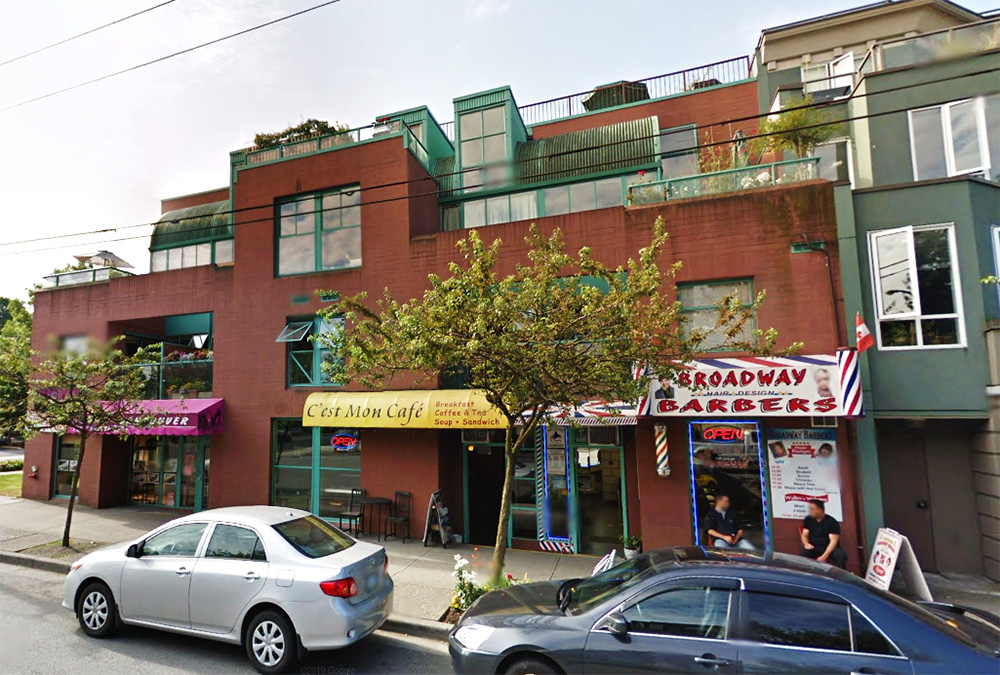The City of Vancouver is in the middle of a process to re-plan the entire length of Broadway from Clark Drive to Vine Street, including not just parcels facing Broadway itself but everything between 16th Avenue to the south and First Avenue to the north. This planning process is spawned by the imminent construction of the Broadway subway out to Arbutus.
The preplanning of this wide corridor is being performed prior to and outside of the larger citywide planning process. Excluding this important corridor from consideration within the citywide planning process was and is controversial, but continues.
The stakes are incredibly high and passions run hot even now, as was amply demonstrated during the controversial rezoning at the Denny’s site at Birch and West Broadway, where council narrowly approved a building with over twice the bulk of anything surrounding it, as well as a similarly contentious rezoning at the corner of Alma and West Broadway.
While the Alma Street project is outside the currently designated Broadway planning area, it is the bull’s eye for a future station if and when the Broadway subway is extended out to UBC. Both are rental only buildings, which helps explain the city’s willingness to allow such dramatic increases in zoned capacity. But aside from the 20 per cent of floor space set aside for “low to moderate” income tenants, the other 80 per cent will be affordable to only the top 20 per cent of city income earners.
Objections to these projects have centred on two aspects. Many have said the benefit doesn’t merit the size of subsidy. And these projects make the affordability problem worse by elevating land prices on surrounding parcels (prices that are eventually reflected in higher monthly rents).
What to do?
If we accept that the fundamental problem in the city — the problem that frustrates all our best affordable housing efforts — is that the price of land is high and quickly rising, then we should look for strategies to hold land price inflation to a manageable (and affordable) level.
To some extent we can achieve that by zoning the corridor itself for rental-only buildings in specific zones. The province has recently authorized such a move by including a right for cities to zone by tenure — in this case for rentals rather than strata units. This would protect developers of rental projects from being outbid for sites by condo developers, and reduce the incentives for apartment owners to sell out to condo developers as well.
However, as both the Birch and Alma project make clear, a hyper-abundance of market rentals only affordable to the top 20 per cent of our income earners doesn’t help house the people who need it most: our essential service workers with household incomes less than $75,000 per year. Most renter households in Vancouver earn less than $50,000 per year.
These households include people who hold occupations crucial to the health of the city — our orderlies, our grocery shelf stockers, food industry workers, taxi drivers, bus drivers, etc.
Fortunately, there is a better way. Under the province’s new rental-only authorization, Vancouver city staff are considering reviving the nearly lost art of co-op housing.

Co-op housing, much like the successful housing at False Creek South, could be structured in such a way that units would be permanently affordable for service workers.
Of even greater significance, if large portions of the corridor were zoned for co-op housing, it would steady the land price inflation already raging on the corridor in anticipation of the subway — clever land speculators are always on the scene years before infrastructure is built.
Land zoned just for co-op housing by its nature cannot deliver the high rents and mortgages that drive up land values.
Permanently requiring co-op ownership along the corridor would produce long-term benefits, as it would remove parcels from future speculative increases in land value that would work against affordability in future decades. Our many thousands of existing co-ops units citywide have survived acquisition by land speculators for exactly this reason.
If taxpayers are going to end up on the hook for the $500 million-per-kilometre Broadway subway expense, why not insist on affordable housing for the young generation and for the frontline service workers who make our lives possible? ![]()
Read more: Housing, Municipal Politics, Urban Planning + Architecture
















Tyee Commenting Guidelines
Comments that violate guidelines risk being deleted, and violations may result in a temporary or permanent user ban. Maintain the spirit of good conversation to stay in the discussion.
*Please note The Tyee is not a forum for spreading misinformation about COVID-19, denying its existence or minimizing its risk to public health.
Do:
Do not: